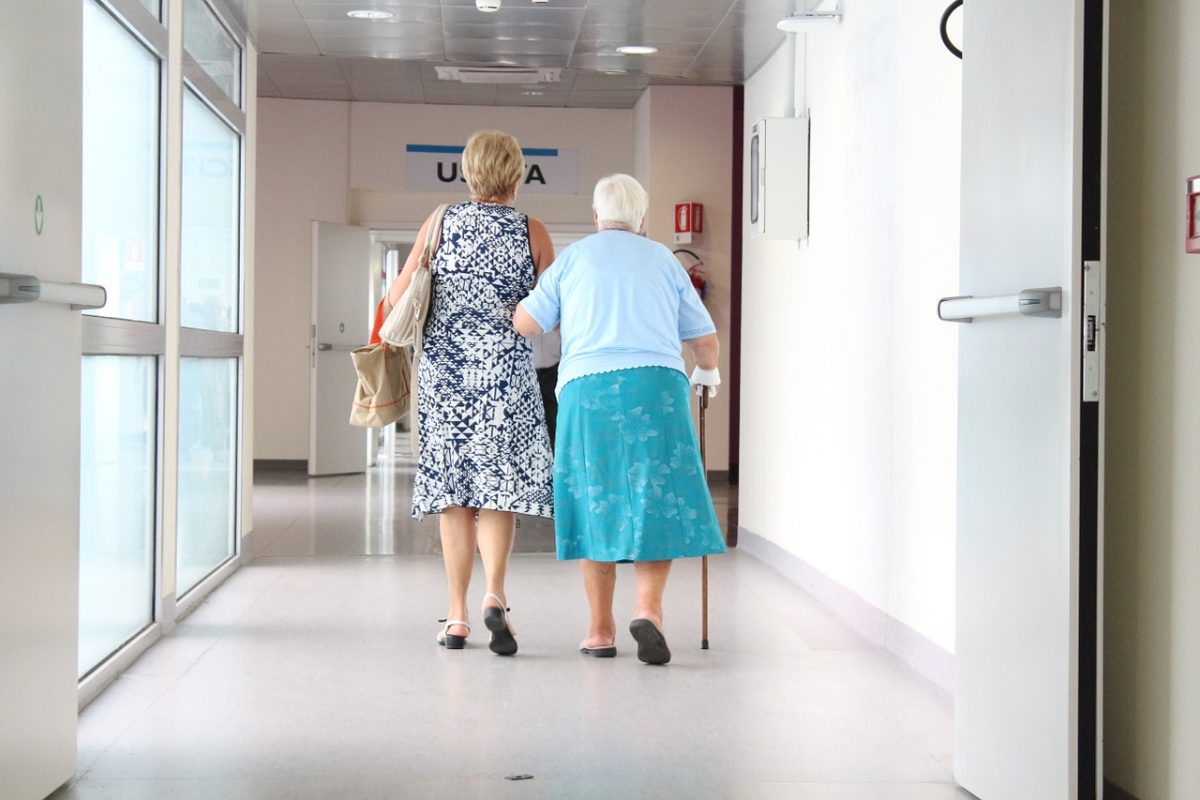The benefits bill is frequently the subject of intense political debate. But since the pandemic, working-age health-related benefits have moved centre-stage in these discussions, as policy makers aim to understand what sits behind the historical rise in claims, and to contain future pressures too. In this briefing note – part of our Election 2024 work but also the first from a new Resolution Foundation research programme examining how disability, ill-health and the economy intersect – we investigate trends in working-age disability and incapacity benefits, asking what really sits behind the numbers that are understandably causing concern in Britain today.
Almost half of England’s population is male, yet inequalities in men’s health seldom get specific attention. The women’s health strategy for England shone a light on the health care needs of girls and women through their life course, highlighting areas specific to their health – such as maternity and the menopause – and inequalities in health outcomes. But the wide, and widening, health inequalities experienced by men also require focus.
Millions of unpaid carers across the UK provide support to a family member, friend or neighbour due to a disability, illness or frailty due to old age. Yet a majority of unpaid carers have no choice but to take on a caring role. While providing unpaid care can be rewarding, it also comes with significant negative impacts on carers’ lives.
We know tackling health inequalities is what motivated many leaders to step into integrated care system (ICS) hotseats. But was it worth it? A recent flurry of surveys and studies are starting shed some systematic insight on that question and in particular how ICSs are allocating resources to tackling health inequalities, and what they are actually focusing on.
With NHS finances likely to feature in various debates about the health service ahead of the general election, we know that NHS expenditure in England increased on average by 3.1% a year in real terms between 2013/14 and 2023/24 – a rate that was around half a percentage point slower than the long-term average. But how were these annual funding increases shared between different NHS services? Sally Gainsbury and Sophie Julian explore further.
People with disabilities can face additional barriers when trying to access services. The World Health Organisation has stated disability comes from these barriers rather the related impairment. Barriers can include […]
How has health spending changed over the past seven decades? How does the UK compare to other countries? What is the outlook for health spending?
With an election approaching, the Nuffield Trust’s briefing series challenges the NHS and social care manifesto commitments of UK political parties in advance of the vote. The second in our series looks at adult social care: a vital public service supporting people of all ages to live with dignity and independence but one that has been left with insecure funding, variable access, catastrophic costs for those in need, and high staff turnover. Reform is long overdue, and we set out the criteria we believe would need to be met for getting social care on the right footing.
A high-level overview of how individuals in England may access financial support from their local authority towards the costs of their adult social care.
The findings from the 2023 British Social Attitudes survey on public satisfaction with the NHS make for grim reading – and set politicians a tough exam question for this general election campaign. Overall satisfaction with the NHS was down, with less than a quarter of the public (24%) saying they were satisfied with how the NHS runs nowadays. This was the lowest figure recorded since the BSA survey began in 1983 and has fallen by 29 percentage points in just three years. Satisfaction with individual services was at record lows.


